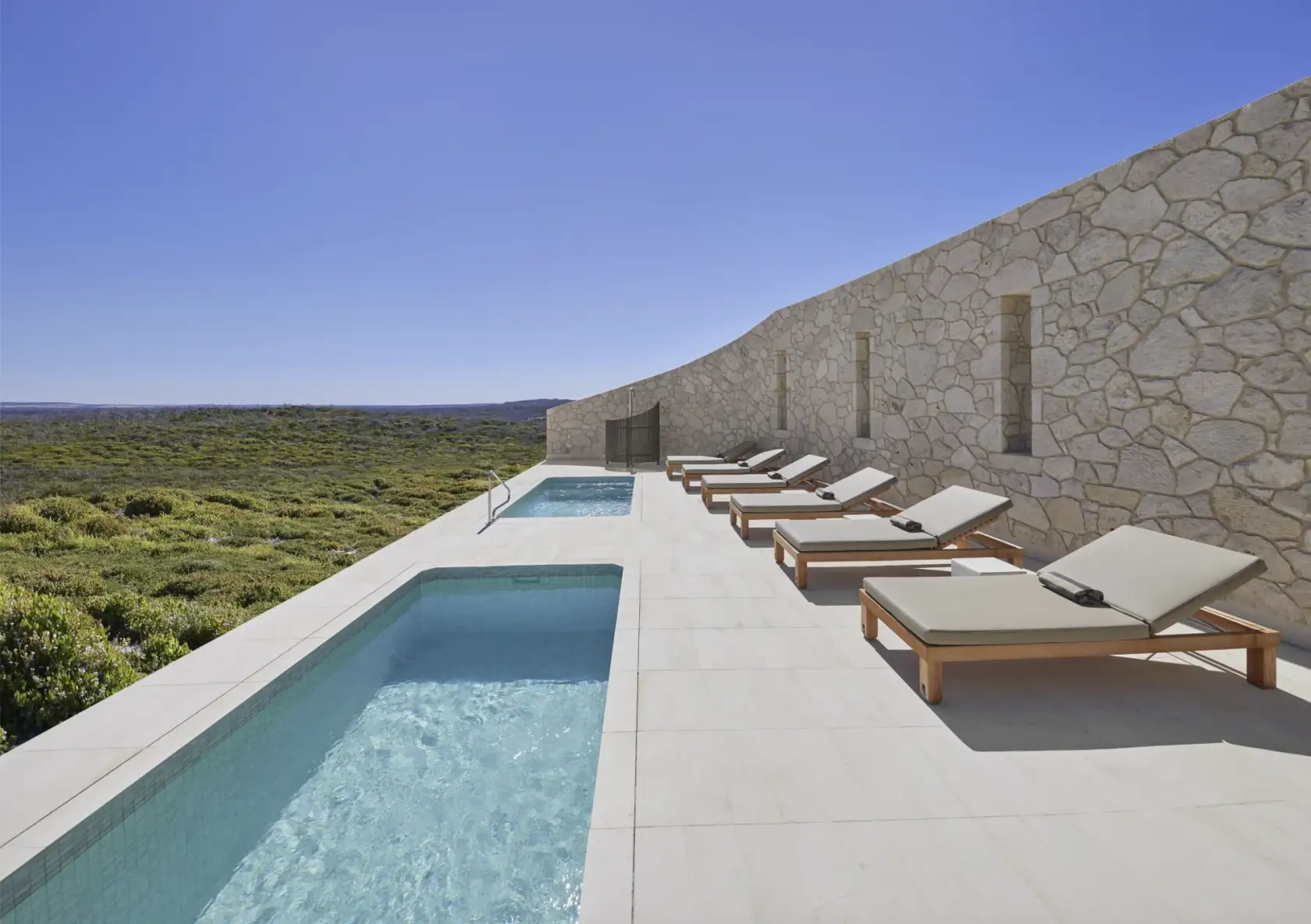

Quick tips fencing guide
Compliant pool fencing is a legal requirement in every Australian state and territory. It’s the pool owner’s responsibility to ensure fencing meets with the specifications as set out in the relevant standards. As a starting point, check out the SPASA website (www.spasa.com.au) for information on pool fencing rules.
Your fence should be compliant, but it should also look good. If new fencing is on the cards, read on to help narrow down fencing material options.
Glass
If the aim of the game is to minimise the visual impact, you can’t go past glass. It’s a little expensive relative to other choices, but if a seamless look is what you’re after, it’s hard to beat. If your fencing area is extensive, consider using glass on the most visible side and other materials for the remainder.
Glass fencing is supplied in frameless or semi-frameless styles and is extremely durable. Available in a range of thicknesses (most installers recommend 12 mm), panels are made from tempered glass and are virtually impossible to break. The slippery surface makes climbing difficult, so it’s a safe choice when kids are around. It may need a little cleaning, but most glass panels are treated with a coating that repels dirt to minimise cleaning.
Aluminium
A more economical choice, aluminium fencing is lightweight and resistant to corrosion. Pool fences are generally constructed using tubular uprights which are joined by upper and lower rails. Designs include flat-top and loop-top styles — a quick Google search will show the differences.
Aluminium can be powder coated in a range of colours, though darker shades — especially black — are a better choice than lighter colours, which tend to stand out.
Another durable option, aluminium requires little maintenance. Dust, dirt and salt (in coastal regions) can be removed using mild soapy water and a soft cloth. Powder coating may be subject to mild oxidisation and fading over time, especially from constant direct sunlight. A quick wipe down using car wax will bring the shine back and act as a protective coating.
Steel
Steel fencing is sturdy, but it needs to be galvanised to resist corrosion. It is far stronger than aluminium and is incredibly long-lasting when properly treated and maintained. Its strength makes it a good option in high-wind locations or where security is a concern.
Though rust-resistant when galvanised, it’s not rust-proof and salt air can be problematic, making steel a less ideal choice in coastal locations. You can expect to pay more for steel fencing than aluminium.
There are plenty of fencing choices available today, and expert recommendation is always available from your pool builder or a specialist fencing company. Landscapers can also offer guidance on a solution that visually ties your outdoor area together, so don’t be afraid to reach out for advice.
